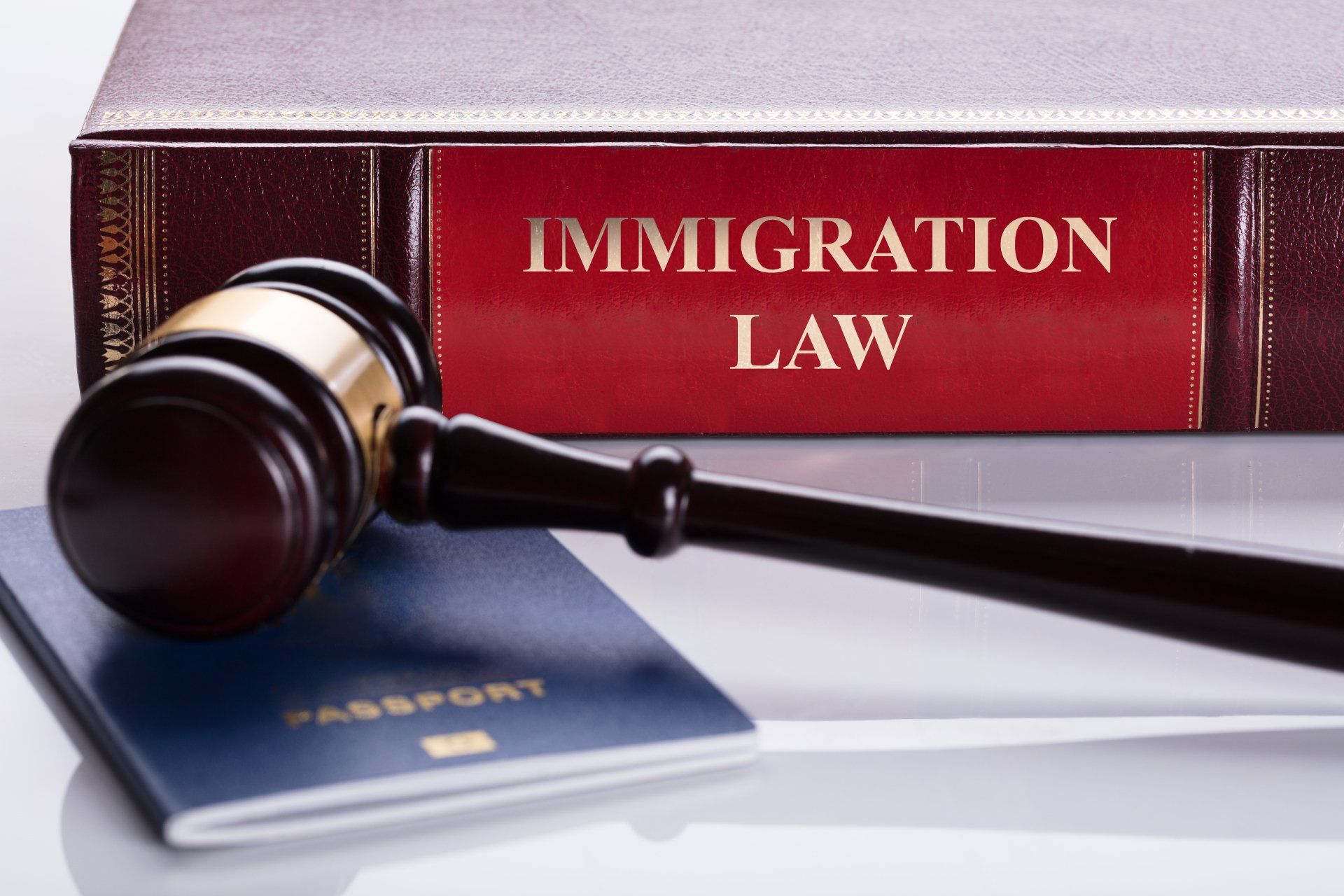Legal Practice Tip: ICE in Courtrooms
Legal Practice Tip: ICE in Courtrooms
Federal immigration authorities have recently formalized a policy to send deportation agents to federal, state and local courthouses to make arrests, dismissing complaints from judges and advocacy groups that it instills fear among crime victims, witnesses and family members. As such, people who are undocumented and people with lawful status with certain criminal convictions may be at risk of being detained and deported simply for attending their court hearings.
The directive from U.S. Immigration and Customs Enforcement (“ICE”) said it will enter courthouses only for specific targets, such as convicted criminals, gang members, public safety threats, and immigrants who have been previously deported or ordered to leave. ICE usually identifies a specific individual appearing for a court date and has an “administrative warrant” signed by a supervisor, not a judge. This allows agents to detain the person upon confirmation that he or she is the individual named in the document.
Under this directive, ICE officers may arrest unsuspecting people in courtrooms, vestibules, waiting areas, hallways and just outside of courthouses. ICE indicates that family, friends and witnesses won’t be picked up for deportation, except in “special circumstances;” however, ICE did not clarify what special circumstances may be.
The practice of arresting immigrants in courthouses undermines equal access to justice and can interfere with clients’ ability to resolve civil and criminal matters. As such, attorneys need to prepare their clients fully and completely in preparation for court hearings. We recommend the following for attorneys with at risk clients:
- Inform your clients of their right to due process and try to minimize fear and anxiety surrounding attending the hearing as missing court dates could have other unintended consequences as well.
- For clients at risk, on court dates, ask them to meet you away from the courtroom (e.g. on another floor or in your office).
- Try to avoid calling names aloud in the hallways. ICE may use this to identify and detain clients before they appear on the case.
- Minimize the number of court dates, when possible. If this is not possible, request that your client be excused from court appearances. Check which parties’ names appear on calendar before advising about risks.
- Avoid talking about client’s immigration status on the record. Creating a record of your client’s immigration status can hurt them in immigration court. If necessary, ask to discuss immigration issues off the record.
- Warn clients about the risks of arrest and incarceration. Arrest and incarceration, for any reason, can put your client on ICE’s radar.
- Make an emergency plan. If your client is at risk of deportation, help them to prepare their family for the possibility of separation by gathering emergency contacts and discussing who could care for their children.
- If you witness ICE arresting your client:
- Invoke your client’s rights. Identify yourself as the person’s lawyer. Tell ICE not to question your client. Tell your client not to sign anything and to exercise his/her right to remain silent. Answering questions will only help ICE deport him/her. Request to call or recall the case while your client is present to avoid the issuance of a warrant.
- Get information from ICE. Ask for agents’ names and contact info. Ask for the basis of the arrest and to see a warrant (note if signed by a judge vs. ICE supervisor).
- Get on the record. Explaining the situation may prevent a bench warrant and possibly help in immigration court.
- Contact an immigration attorney in advance of court to discuss the client’s immigration history, consequence of convictions, and to have them on call if ICE does take the client into custody.
It is well worth the time and effort to take these extra precautions in advance of the client’s hearing. Regardless of whether ICE attends a hearing or not, client preparation can relieve some of the stress surrounding court hearings and foster a greater trust in the judicial system. Additionally, it makes the attorney appear empathetic and up-to-date on the current legal issues facing the immigrant community, which could lead to repeat business and client referrals.
GKH attorneys pride themselves on being on the forefront of new immigration developments to best serve clients located around the world. Please call the GKH Immigration Group toll free at 888-463-8117 for more information or representation in your immigration process. We help clients from around the U.S. and the world.
Brittany Thomas Faith is a member of GKH's Immigration practice group and focuses her practice on immigration including Deferred Action for DREAMers, family based immigration petitions, and employment based petitions. She is committed to providing personalized, cost-effective immigration services for her clients around the world and across the U.S. Ms. Faith is very active in the legal community. She currently is the Vice Chair of American Immigration Lawyers’ Association Midsouth Chapter and was named a 2017 Super Lawyer Rising Star in Immigration Law. She has served as the President of the Chattanooga Bar Association Young Lawyers Division and the President of the South East Tennessee Lawyers Association for Women. She also serves on the boards of La Paz of Chattanooga, the Tennessee Bar Association Young Lawyers Division, and Mid-South Immigration Advocates. She is also a member of the Foreign Ministry of Mexico’s PALE program, which provides legal advice and services to Mexican nationals residing in the U.S. She can be reached at bfaith@gkhpc.com.










